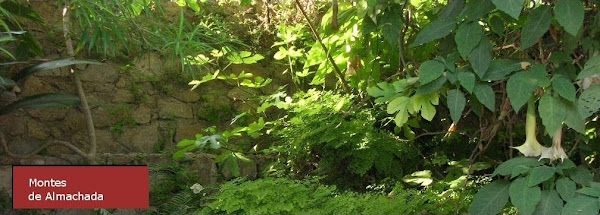Friday, April 27, 2012
mystery bird
Mystery bird
Last august/september 2011, we have had a new arrival here at Montes de Almachada. It´s a couple, about twice/three times the size of a Blackbird, black with red wing-ends, yellow beak, long quite slim body and long tail and what makes it very unusual is the sound it makes. Like a very loud motor. Sometimes there are short callings and specially in the mornings, a long loud noise.
We have spoken to all the neighbours and nobody has ever seen or heard such a bird.
Patrick and I have spent many hours on internet and gone through all the birdbooks we own, but with no result.
Wednesday, April 25, 2012
At night and specially at dawn we hear the nightingale singing. Its quite magical sitting outside in a warm spring or summer night listening. We have different woodlands here at the finca and that seems to be their favourite place.
You can also hear them during the day, together with all the other birds singing.
In September the Nightingale emigrates to tropical Africa and will gain around 50% of it´s weight in order to be able to fly the long distance. It returns to us in april, the male about ten days before the female. The bird can be quite difficult to see as it is small (15 cm), have plain brown feathers and a red-sided tail.
The female builds her nest in the bushes in the shadow of trees. In May there will be 5-6 eggs of olive green colour. The young birds will only stay 11-12 days in the nest.
The young Nightingale has to learn to sing, it only needs to hear an adult singing to be able to imitate. When there is a Nightingale which is a good singer it automatically improves the quality of the other Nightingale´s song in the same area. On the other hand if a good singer dies the new generation loses quality. There are areas where the birds only know one monotonous song.
The song will be strong and loud in spring and from the second part of June it will sing less vigorously and softer. The male is then trying to teach the young birds, who will repeat the different strophes.
Subscribe to:
Posts (Atom)
